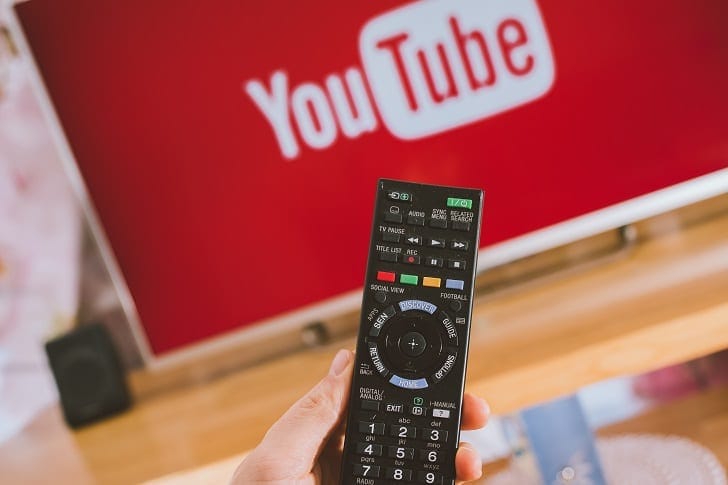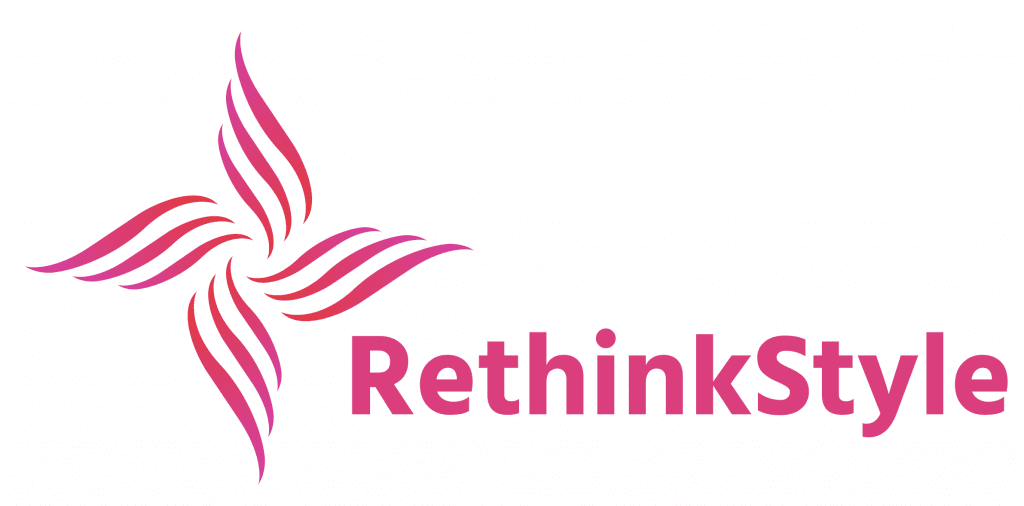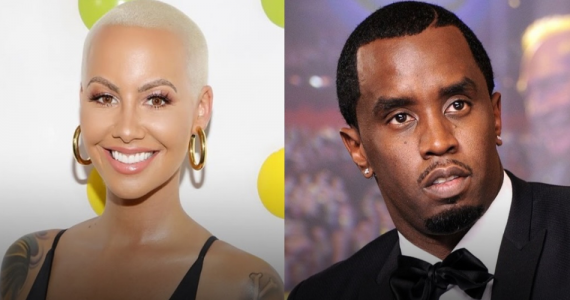Facebook has been on the top of the social media site ladder for over a decade now. With over a billion people being active on the platform, it has become a venue for battling political opinions and has become powerful enough to sway public opinion.
Unfortunately, the free for all nature of Facebook has also lent itself to be a place where people can quickly spread false information and even hate speech. Now, companies advertising on the website have taken a stand against its perceived lack of action to address such concerns.
Stock Drop

The pulling out of advertisers led to an 8.3% stock drop for Facebook on June 26. And over the course of two days, the company’s market value lost up to $60 billion.
Facebook stock has been steadily recovering from the steep drop it saw in March and April when the recent downturn. The decline also slashed billions off of Facebook CEO Mark Zuckerberg’s personal wealth.
Over 100 companies have already stopped advertising on the site, and the ‘Stop Hate for Profit’ campaign is gaining more traction as the days pass.
Among those who joined the boycott are Pepsi, Coca-Cola, Unilever, and Verizon. Influential figures such as Prince Harry and Meghan Markle have also expressed their support for the cause.
Facebook & Advertising

Since Facebook makes most of its revenue from advertisements, the boycott is certainly something it should be concerned about.
Still, BMO Capital Markets analyst Daniel Salmon doesn’t seem too fazed by the dive Facebook’s stock took. With a total of 8 million advertisers, he believes that the boycott won’t hurt the company significantly.
However, it’s also worth noting that Facebook makes most of its revenue from advertising.
A Pessimistic View

In the long run, the loss of trust on Facebook and its perceived lack of moral code could destroy it as David Cumming of Aviva Investors speculated.
It’s also important to remember that large corporations comprise a significant portion of Facebook’s $70 billion in advertising sales earnings. For example, companies like Starbucks pay 25% of this total revenue.
Another interesting thing is that this isn’t the first time that advertisers boycotted a popular online platform. In 2017, YouTube dealt with major brands refusing to run their ads on certain homophobic and racist content on the site.
Only time will reveal though how the boycott would affect Facebook.




